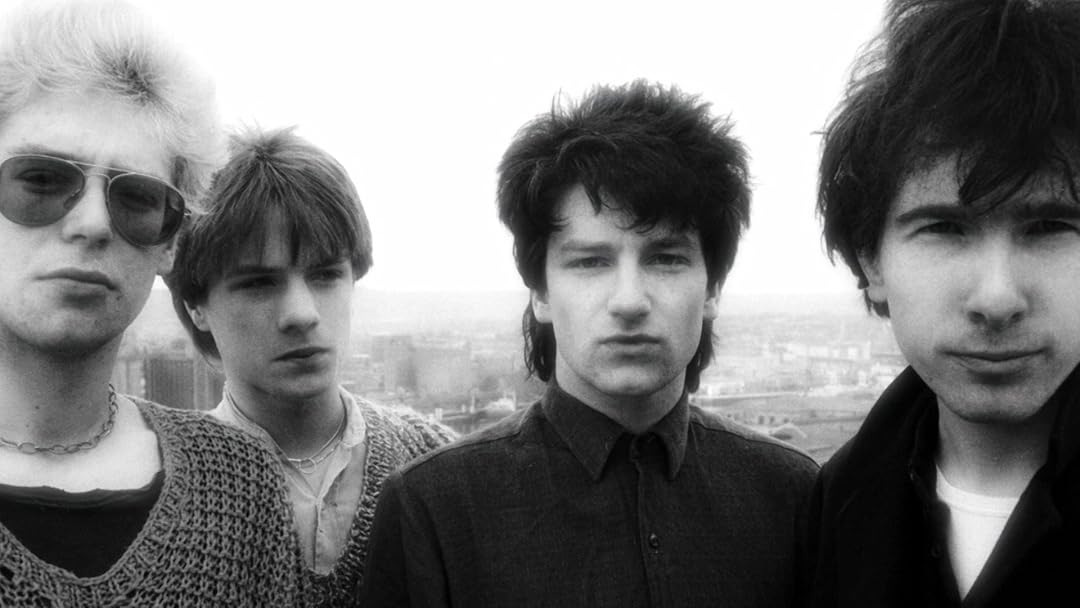Introduction to "Sunday Bloody Sunday" by U2
One of the most powerful and enduring tracks of the 1980s, "Sunday Bloody Sunday" by U2 continues to resonate with listeners across the globe. Released in 1983 on the band's third studio album, "War", the song is a stirring protest against the violence of the Troubles in Northern Ireland.
Cultural and Historical Context of the Song
With its poignant lyrics and unique drumbeat, "Sunday Bloody Sunday" is a searing commentary on the tragic events of January 30, 1972, in Derry, Northern Ireland. The song captures the raw emotion and political turmoil of the era, setting it apart from other 1980s songs. Its cultural impact was significant, sparking discussions about the role of music in social and political commentary.
Interesting Facts and Cover Versions of "Sunday Bloody Sunday"
One fascinating fact about this song is that it was almost omitted from the album due to concerns about its political content. Thankfully, it was included and has since been covered by numerous artists, reflecting its enduring appeal. Notable cover versions include those by Paramore, The Dresden Dolls, and Saul Williams, each bringing a unique interpretation to this iconic track.
Why "Sunday Bloody Sunday" Remains Relevant Today
"Sunday Bloody Sunday" continues to hold a mirror to society's struggles, making it as relevant today as it was during the tumultuous 1980s. The track serves as a powerful reminder of the devastating impact of violence and the importance of striving for peace. It's a testament to U2's ability to create music that transcends time and resonates on a universal level. This piece, with its emotive lyrics and compelling sound, remains a significant part of our cultural dialogue, a testament to its enduring influence and the enduring relevance of U2.










Comments (0)